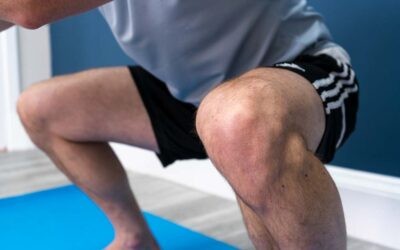In the first blog in this series we revealed the main cause of running injuries is training errors but what really is the cost of not getting the right training plan in place?
The cost of doing too much
Running 6-7 days a week can increase your likelihood of injury by 64% and increasing your weekly mileage by 6 miles or more increases the chances of a hamstring trying by 51% and a knee injury by 53%. When looking to hit a PB or race time goal, speed training could be increasing your chance of injury by 59%.
What you could lose by doing too little
Equally not allowing your body the right experience to adapt can be just as risky.
Running only once a week can increase the risk of injury by as much as 78%. Running 2 hours a week or less than 2 sessions a week can make injury around 70% more likely.
How to get the best value
So what is the right amount of training? The recommendation is 4-5 training sessions per week with adequate rest days in between.
A training plan tailored to your goals will ensure there are adequate number of runs, careful progression and sufficient rest days to recover.
The variety of your training programme can also mitigate the risk of injury by introducing strength training to better equip the body to deal with the repetitive forces placed on it during a run.
What training methods you choose as well as the time you choose to perform them has an impact on how effective your overall training sessions will be. For example, stretching before a run lengthens and weakens the muscle, something you don’t want when running. Long flexibility improving stretches should be performed after a running session.
Use dynamic movements to get the greatest return on your warm up time. Movements of the hip, knee and ankle like body weight squats, lunges, calf raises, hip openers and skipping movements make a more valuable contribution to your pre run preparations.
Keeping the body guessing is a good way of building resilience and adaptability. Even during a running session if you do feel tight or need to move your body in a different way, we recommend that you do that.
Invest in yourself
No matter the goals you have set yourself understanding your limitations and what your body is trying to tell you is paramount.
Listening to and investing in your strength, flexibility, and recovery will all play a part in reaping the rewards of your training programme, just as much as the miles behind you.
Optimal Physio treats clients to not only be pain free but to empower them to listen to their bodies and provide it with the preparation and response it needs to treat current and prevent future injuries.
To discuss adaptations to your training plan based on your unique needs get in touch on 0333 301 0205 or contact us online.


0 Comments